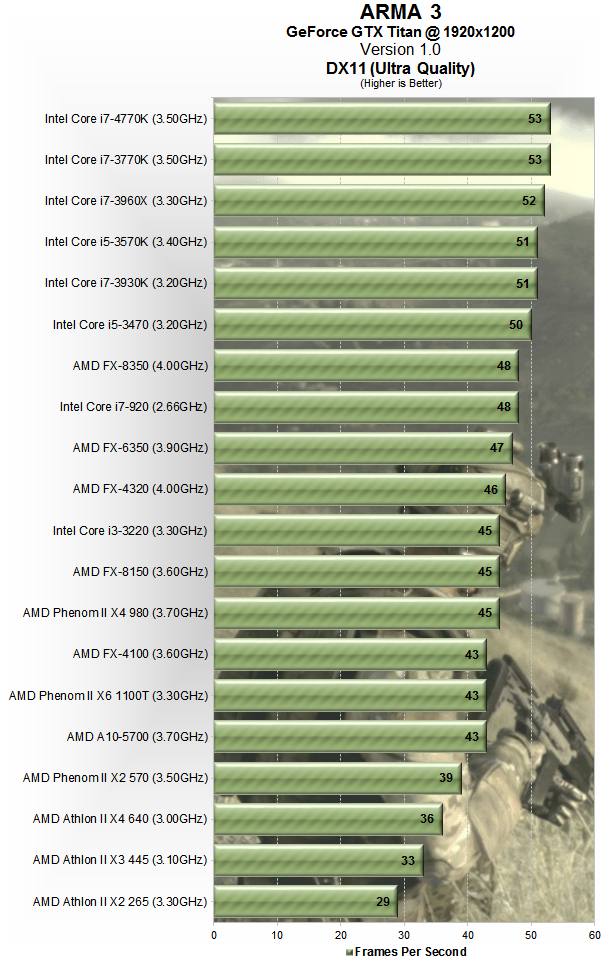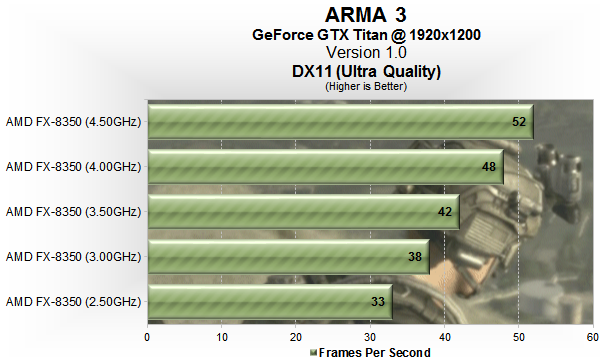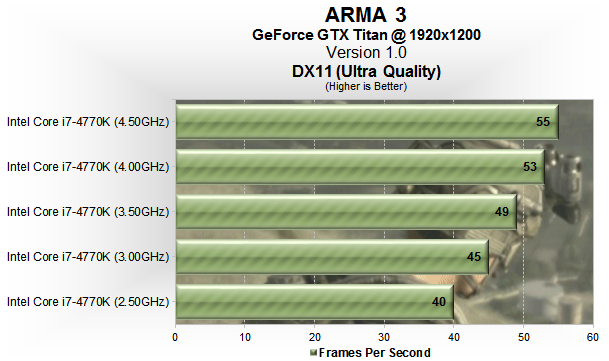Originally posted by curaga
View Post
Because it's cheaper and more effective to hire programmers to write good code. Also if one machine breaks they can usually just swap it out if I'm not mistaken. If that super expensive CPU burns out then that's it, toast, gone. I believe the word is scalability.
That being said, I wouldn't mind having a very large two core CPUs. Actually, I wouldn't mind having a FX-8350 that's 4 times the size if it means that it can use passive cooling. That would be awesome!





Comment